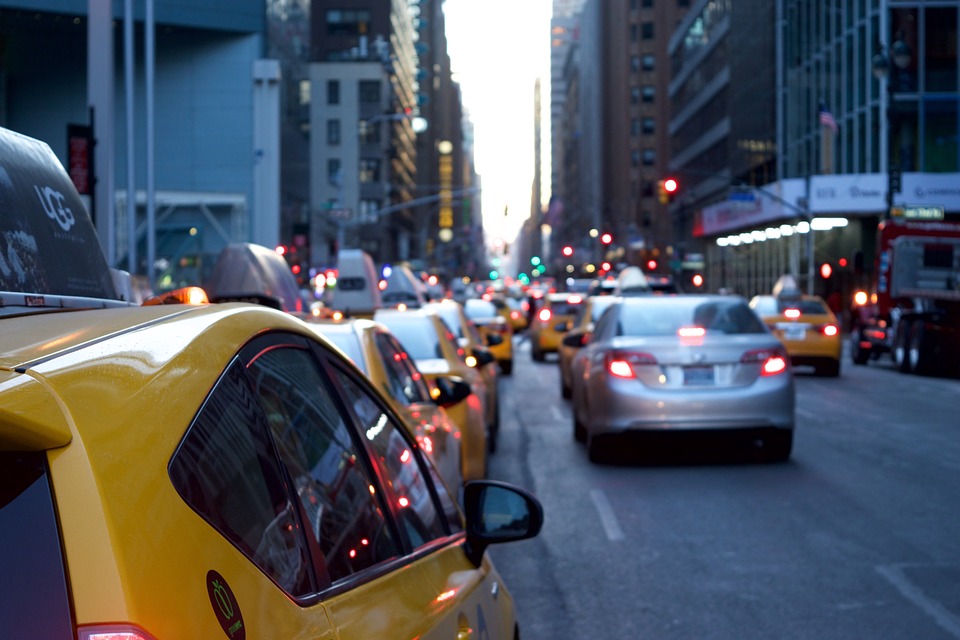Study: Sitting in Traffic is Bad for Your Health

Wouldn't it be great if the roads were always clear, allowing you to reach your destination without all of the typical stop-and-go traffic? Well, unfortunately for most Americans this isn't the case. The average commuter in the United States spends more than 40 hours stuck in traffic each year. While traffic gridlocks may seem harmless enough, there's new evidence suggesting otherwise.
Not surprisingly, sitting in traffic for long periods of time has been shown to increase stress levels. And when stress levels increase, it often leads to other problems, such as elevated blood pressure, anxiety, etc. But researchers say there's another problem associated with traffic that often goes unnoticed: exposure to air pollution.
Researchers from the University of Surrey, U.K found that 25% of exposure to airborne pollution occurs at intersections with red lights. When you stop at a red light, you are placing yourself at a greater risk of exposure to harmful airborne pollutants -- pollutants that can cause serious illness or even death. In fact, the World Health Organization (WHO) recently classified air pollution in major cities as being carcinogenic. Exposure is frequently associated with lung cancer, asthma, heart disease, stroke and various respiratory diseases.
So, what can you do to protect yourself from exposure to airborne pollution when driving? If possible, try planning a different route that bypasses traffic gridlocks and busy intersections. This isn't always an option, but rerouting your commute can significantly reduce exposure rates.
Researchers say there's a more effective way to minimize exposure, however: keep the windows up and fan turned off.
"Where possible and with weather conditions allowing, it is one of the best ways to limit your exposure by keeping windows shut, fans turned off and to try and increase the distance between you and the car in front while in traffic jams or stationary at traffic lights," explained the study's lead author.
Air pollution has become a serious problem, not just here in the U.S. but throughout other parts of the world as well. For daily commuters, this may expose them to potentially dangerous levels of airborne pollutants, which is particularly troublesome for drivers in stop-and-go traffic. While there's no way to completely avoid all forms of air pollution, you can minimize your exposure by rolling up the windows and turning off the fan.
This study was published in the journal Environmental Science: Processes and Impacts.
Recent Posts
-
Fire Safety in the Workplace: What You Need to Know
What steps are you taking to prevent fires in your workplace? According to the U.S. Occupational Saf …Aug 23rd 2023 -
Is It Safe to Go Jogging With a Cold Infection?
If you're suffering from a cold infection, you might be wondering whether it's safe to go jogging. T …Aug 22nd 2023 -
5 Safety Tips to Follow When Using a Powder-Actuated Tool
Powder-actuated tools are commonly used to join materials to steel and concrete. Also known as Hilti …Aug 20th 2023




